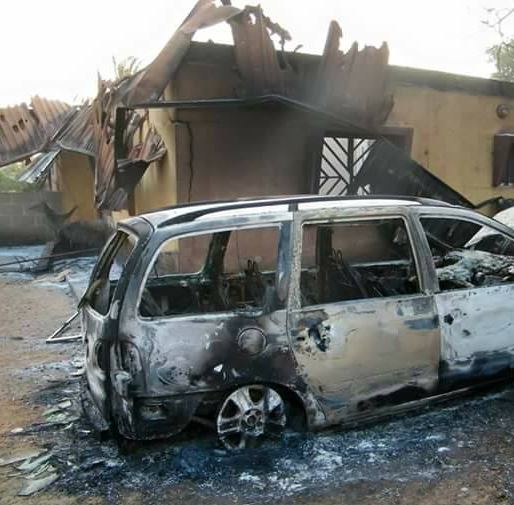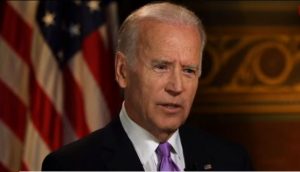
The Guardian / UK: “Nigeria The Most Dangerous Place To Be A Christian? Let’s Put That In Context” By Enuma Okoro
This week a report produced by the Christian charity Open Doors announced that North Korea was the overall worst place to be a Christian but that Nigeria was the most dangerous – accounting for more than half the 7,000 recorded killings in 2015.
As a human being weary of what seems like an increasingly volatile and violent world I am dismayed by these statistics, but as a Christian living in Nigeria, I am surprised by them.
Living in Abuja, the quiet capital in the north, the most danger I face is from oncoming traffic as I drive to church on Sunday mornings. Roads are closed and one-way streets are converted into dual carriageways with no police supervision, but it’s the faithful who create that problem.
This is not to diminish the threat posed by Boko Haram, which Open Doors credits with some of the persecution Nigeria’s Christians face (the rest it attributes to “Hausa-Fulani herdsmen”). Sometimes, when rumours of an imminent attack increase, Abuja’s roads are closed off and marked with security checkpoints, and some of us sitting in services warily eye newcomers. A thin layer of foreboding hovers over the congregation.
That can happen. But it is not the norm in my experience of being Christian and Nigerian. Mostly what I contend with is how to make sense of the various versions of my faith being peddled by local pastors, and the consistently humorous ways Bible verses are tweaked to fit into daily colloquialisms. Reading that “millions of Christians escaped countries such as Nigeria in 2015” leaves me wondering what I’m missing as I go about my daily and mostly unencumbered life here.
Yes, religious persecution is real and growing, in Nigeria as well as globally – but not just of Christians. It is important that we acknowledge and continue to track this, but we must also consider the nuances and context.
According to the Pew Research Center, Nigeria, with more than 80 million Christians, has the largest Christian population on the African continent, most of whom reside in the south and south-eastern regions of the country. Yet the report says that “there were more recorded killings of Christians due to their faith in northern Nigeria in 2015 than in the rest of the world put together”. The reasons for these deaths, according to the charity, is “religious cleansing to eradicate Christianity”.
Boko Haram is a violent Islamic extremist group that, in part, fights what it sees as western ideologies and replaces them with its own belief system. But that doesn’t make Christians the sole target of its terrorist activity. As has been written elsewhere: “Boko Haram is a rapidly changing, complex and fragmented movement. It is anti-democracy, anti-secularism, and anti-establishment.” Most of Nigeria’s followers of Islam do not adhere to their beliefs or principles, and Boko Haram’s activities, concentrated in north-eastern Nigeria – and now spreading to Chad and Cameroon – has largely affected Muslim communities. It is too simplistic to think of Boko Haram as simply being anti-Christian.
There is no denying the reality of religious persecution throughout the world. It certainly happens here in Nigeria. But the bare statistics don’t communicate the full socioeconomic and political context. If we oversimplify the story of death and destruction happening far away, we risk desensitising and distancing people, which is the exact opposite of what reports such as Open Doors’ set out to do.




